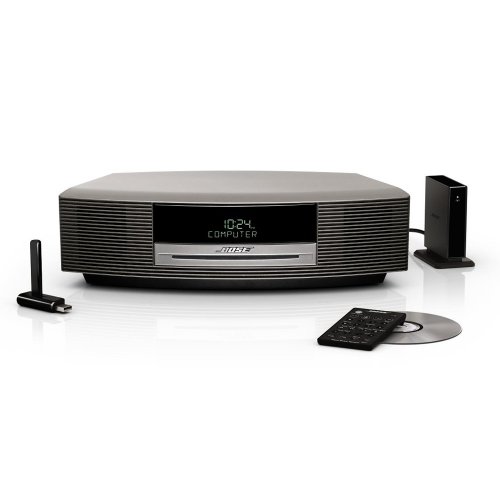You want smarter if you play piano? If the piano increase the power of your brain? The question is whether there is a correlation between mastering a musical instrument and the brain increasing potential.
Questions like these have been popping up all over the place in recent years, not only in scientific journals. Currently, the average from experiments with brain development and have been fascinated by cutting-edge music, keep peopleresearch that is now on the date and parents who love music and have young children waiting for it.
However, this flow of information, including some that are misleading, in a widespread misunderstanding of how music education and music of the brain affects human development. This is the reality: if more and more confusing to read about the links between the study of music and brain development are - you are far from alone.
There seems tothere is a correlation between the onset of musical training and how strong the connection between neurons in the brain and the development of new routes. Studies have shown that there is a strong relationship between music training and the long-term development in some areas of the brain.
Gottfried Schlaug, Herman Steinmetz and others at the University of Dusseldorf had published an article on their study in the journal 1994th Discover A comparison of MRI of the brain of 27right-handed men who play classical piano and violin to 27 men, the right hand that did not play all the musical instruments of this group.
It 's interesting that they found that in the planum temporale of the musicians' - a brain structure found with auditory processing - was bigger in the left hemisphere and smaller in the right as shown in the non-musicians. There was also a thicker nerve fiber tract between the hemispheres of the musicians. Differences wereespecially for musicians who learn before the age of seven distinct.
The study of music and piano impetus for the growth of the corpus callosum, which connects the two sides of the brain, according Shlaug. The corpus callosum is most often 10-15% of the musicians who began their studies before the age of seven years, compared to non-musicians. At the time, Schlaug and other researchers theorized that greater size of the corpus callosum could possiblymotor control improved by increasing transfer speed between the two hemispheres.
Given the fact, the studies professor Petr Janata of Dartmouth in print in 2002 in Science, confirmed that the music on both sides of the brain and the areas in which stimulates memory and emotions more than any other stimuli.
A group of scientists led by Janata reported that some brain areas of 5% in the most experienced musicians in people who have little or no musical training, and alsofound that the auditory cortex in professional musicians 130% more dense than non-musicians.
In fact, people who start their musical training as a child, a larger corpus callosum, with a maximum increase of 15% larger, although the normal size for this group of nerve fibers, the left side and right side to enter the brain is usually only four centimeters.
The scientific study of the brain showed increases in practice a musical instrumentspatial thinking, functionality and connections between regions, although the movements can improve motor and qualified.
For musicians of the corpus callosum is important for the coordination of the fingers. This part of the brain adapted to higher labor costs, which, like a weightlifter's biceps.
The research completed by Dr. Timo Krings account was in Neuroscience Letters 2000, explained that as a condition of birth and sex, and people like morePianist and non-pianists alike, has performed a series of agreements composite finger. Both musicians and non-musicians have been fully revealed the complex movements, but the brain is non-musicians' a much higher level of activity. The scientists concluded that people who play the piano movements more qualified people who do not like playing musical instruments.
There are many ways that music affects the brain and its development. Well, what can we find all theseResearch, aims above all, when we study the better appreciation of music and decide for yourself or your offspring?
NM Weinberger in 2000 wrote an article in Musica Research Notes, and brings up an important point when he says, even the Mozart effect may not be from the company or in which has caused more people to have a greater interest in research Music to be accepted. A person who listens to Mozart's music may be even more interested to find and identify the types of music,are new to them. Even without attention to the effects of Mozart, the academic dress rehearsal for the use of music lessons as an aid to the developing brain is fascinating.
The hotel is located at the Faculty of Medicine at the University of California, Dr. Frank Wilson says his experiments show that if you are instructed on how to play an instrument, you make this better coordinated, improved the way to think, remember and understand, and as you can, andfeel better. After his studies, it is because the entire neurological system of music which in turn helps to connect the engine systems of the brain that can be done by any other activity is refined.
What this does is this: There are several ways to study and practice of music has a positive influence on brain development. As a music fan, you can not go wrong with your best. The dust as far as possible from your old piano and get to work. What do you wantto lose? You are not wiser, but then again, who knows? And if you enjoy playing the piano, why not?




















